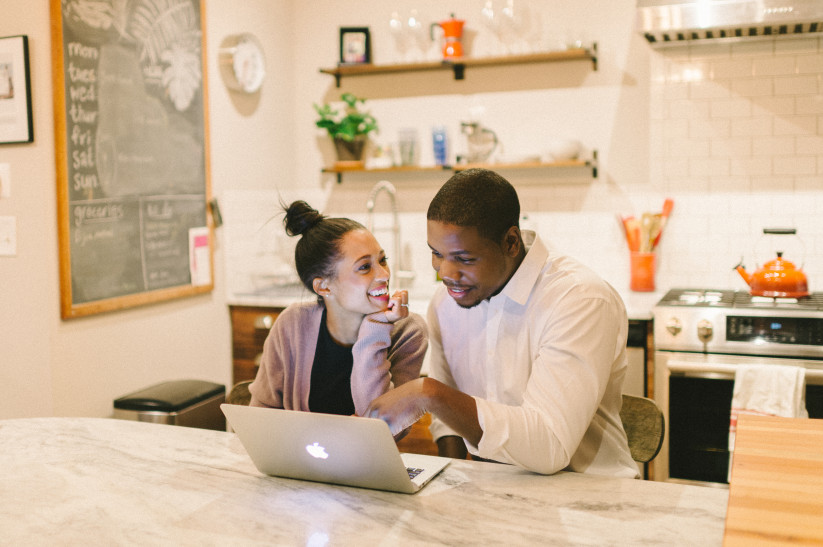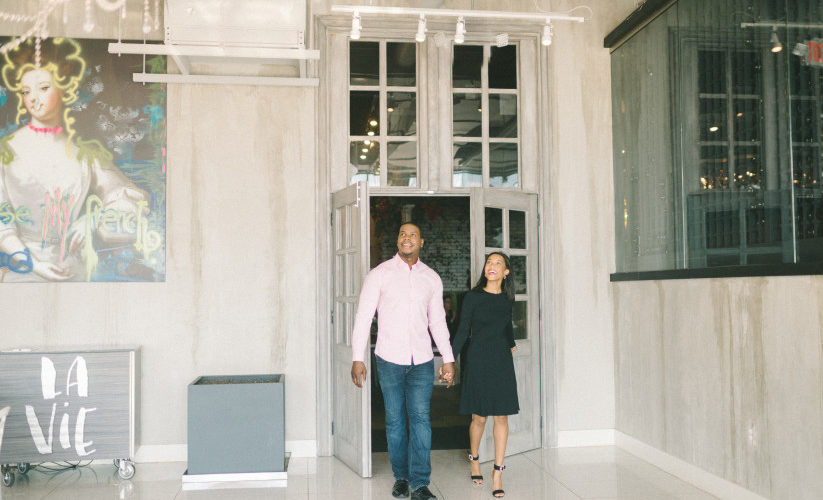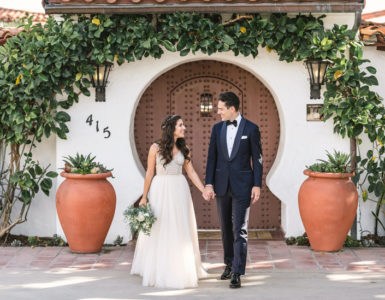 Elizabeth fogarty
Elizabeth fogarty
The venue you choose for your big day really sets the tone for your event, whether you go from a casual beach to a stately ballroom. When it comes to choosing a wedding venue, the whole process can seem quite daunting and there are a ton of questions that you will have to answer. Will your wedding be big or small? Outdoors or indoors? Rustic or glamorous? Laying down in the basics of your wedding will help you and your partner narrow down the many venues out there, and find the one that is right for you.
Table of Contents
Here’s the rundown on how to choose your wedding venue, from start to finish.
Choose the general location of your wedding.
In the generations of our parents and grandparents, weddings were traditionally celebrated in the bride’s hometown. Today, however, your wedding can take place anywhere: in your partner’s city, in the city where you currently live, in a favorite vacation spot, even in a destination you’ve always wanted to visit. There are certain benefits to hosting a hometown wedding (convenience!), But destination weddings also have their perks (an incredible backdrop!). You’ll want to select the general location where your event will take place in the first place, as this decision will affect all the other details of your big day, from your budget to your venue options.
Calculate your budget.
When it comes to choosing a wedding venue, one of the most important decisions you will make is how much you can afford to spend on a space. And it turns out that the venue and the catering will commit about half the wedding budget. In the US, couples spend an average of $ 5,400 just at their hangout, and most couples spend between $ 2,700 and $ 10,500, which is by no means little. How much you will spend at your venue really depends on where you are planning to get married: renting a venue in a major city will probably cost more than one in a more rural area. Talk to your significant other and loved ones who may be contributing financially to your big day and come up with a total budget – then divide that number in half to determine how much you can afford to spend on your meeting place and catering (what which may end up being a combined cost if you select an all-inclusive venue).
Prepare an estimated guest count.
Each wedding venue has a capacity – a firm number of guests that it can comfortably hold. This number is usually not flexible, so although it is not necessary to have an exact number of guests before selecting a place, it is necessary to have a good budget. There is a big difference between a place with capacity for 75 people and one with capacity for 500 people. Don’t just count guests out of nowhere (“I want a 100-person wedding!”). Sit down with your partner and their respective families to make a list so there are no major surprises later on (you can always add or remove a few guests if you need to). The last thing you want is to fall in love with a 200-person capacity wedding venue only to find you have a 350-person guest list.
Think about your priorities.
Once you have a location, a budget, and a guest count, it’s time to start thinking about what your dream venue would look like. Sit down with your partner and choose three characteristics that your ideal place would have. For example, an outdoor ceremony space, a home catering service, and a rustic feel could be on your must-have list. Or perhaps you are looking for a place that is conveniently located, pet friendly, and allows you to choose an outside catering service. The possibilities are endless and the priorities of each couple will be different.
 Elizabeth fogarty
Elizabeth fogarty
Restrict some dates.
Reserving a wedding venue means that you have “officially set the date” for your big day. You may already have a wedding date in mind or you can be a little more flexible. Either way, one of the first steps in choosing a wedding venue is to narrow down the dates that you know will work for you, your partner, and your closest loved ones. While saying you’re getting married “next fall” is a good start, you should keep a few specific dates in mind before looking for venues. Although some couples may determine their wedding date based on the availability of their dream location, we recommend that you choose a few dates. prior to begin the official search of the wedding venue.
Begin your search for venues online.
Phew! After finding out all those details, you can now start looking for the wedding venues. Use a site like WeddingWire to browse wedding venues in your area, read reviews from past couples, view photos, and much more. You can even narrow your search based on capacity, availability, type of venue that interests you, and other services, from catering to insurance, among others. We recommend browsing the places online as a joint effort with your partner, working together to create a short list of places you would like to learn more about.
Approach a few places with some basic questions.
Once you’ve narrowed down the list of five or more places, send each of them a message expressing your interest and asking a few questions. These questions should include whether they are available on the desired date, confirming their ability, and making sure they offer the top priorities that you discussed with your partner previously. You can also request pricing information to make sure they are within budget. This initial communication can also be helpful in determining whether a site’s staff is responsive and helpful. Receiving a friendly email on a relatively short notice (remember meeting places are quite busy on weekends with events!) Is an encouraging sign.
Pay a visit to your favorites.
One of the most important parts of choosing a wedding venue is actually visiting a few select venues in person. During these in-person visits, you can explore the space and decide if it is the right one for your big day. The venues may be seen one way in the photos, but they are totally different in person, so while visiting the event spaces may cut down on your schedule, they are super important. You will also be able to meet with the headquarters coordinator, ask additional questions, and see if you can click with the staff.
Weigh the pros and cons.
If you fall in love at first sight with a particular place, it can be an incredible feeling. However, don’t feel too much pressure to sign on the dotted line during your initial visit. It’s best to take a step back, visit a few places, and discuss your options with your partner and, if you want, with your families. Think about the pros and cons of all the places you’ve visited and work together to come to a decision on your best option. You may think you’ve found the perfect space for your big day, but maybe your partner has some concerns. While you and your partner may not agree on every aspect of your big day, you should both be happy with your choice of venue. If that means going a few more places to be sure you’ve found “the only one,” go for it.
Signature on the dotted line.
When you and your partner have agreed on the desired location, ask to receive a contract. While it can be very easy to make a contract and sign it without much thought, a headquarters contract is definitely worth perusing. Don’t be afraid to ask the HQ coordinator about any part of the contract that will confuse you, and make sure you understand the payment schedule. When you are comfortable with all aspects of the HQ contract, sign it, return the paperwork to HQ, and pop some bubbles! You have officially made what is arguably one of the most important decisions you will make during your wedding planning process, and that is definitely worth celebrating.








Add comment